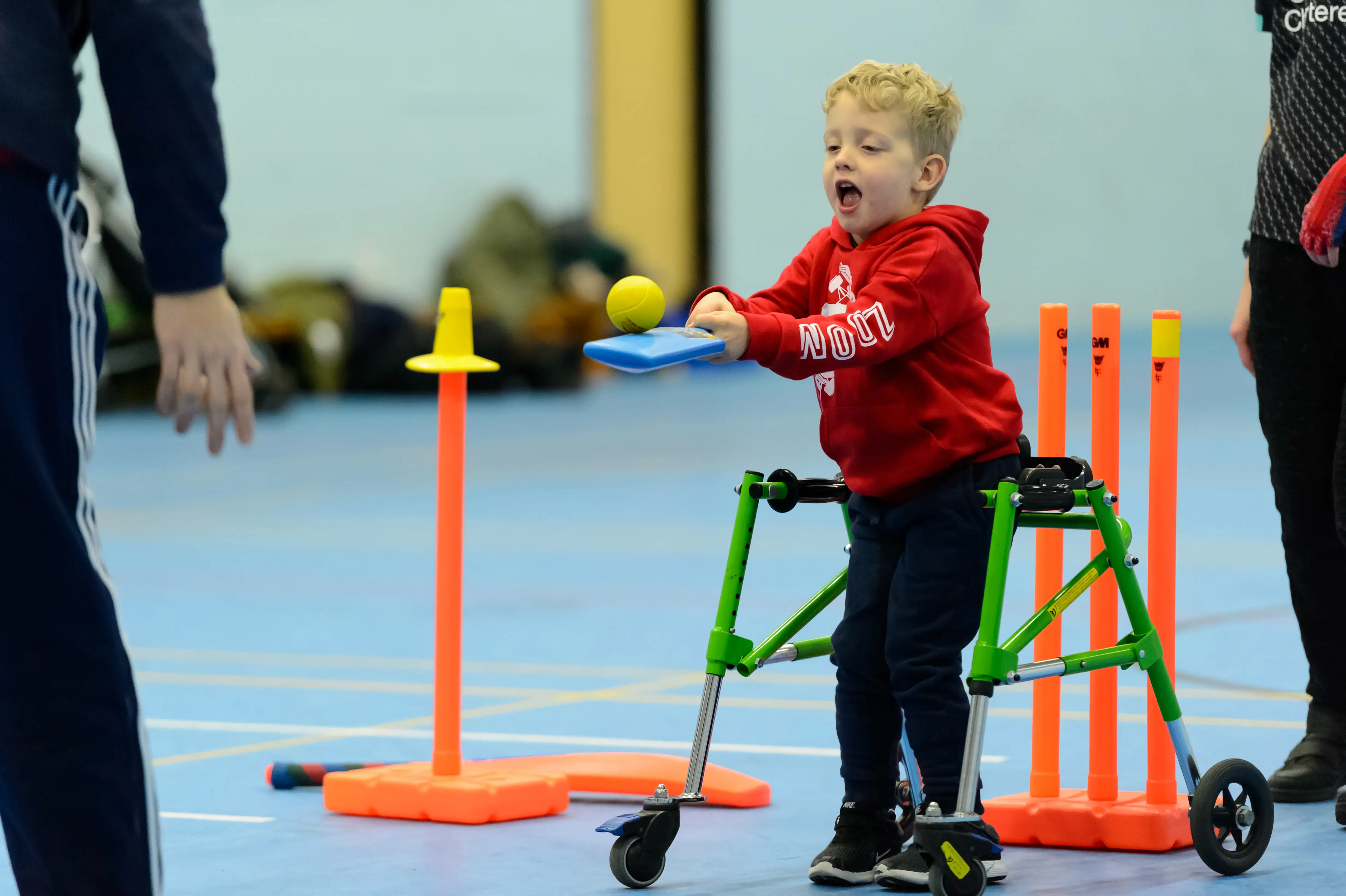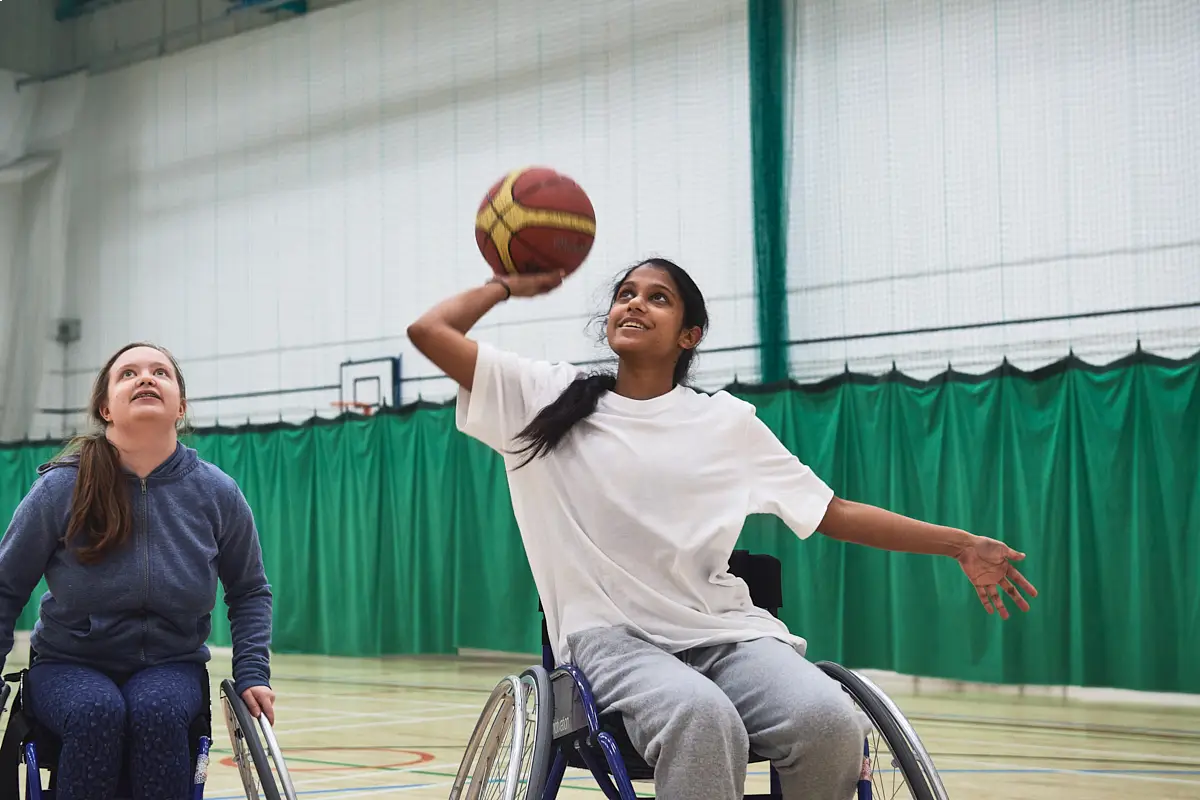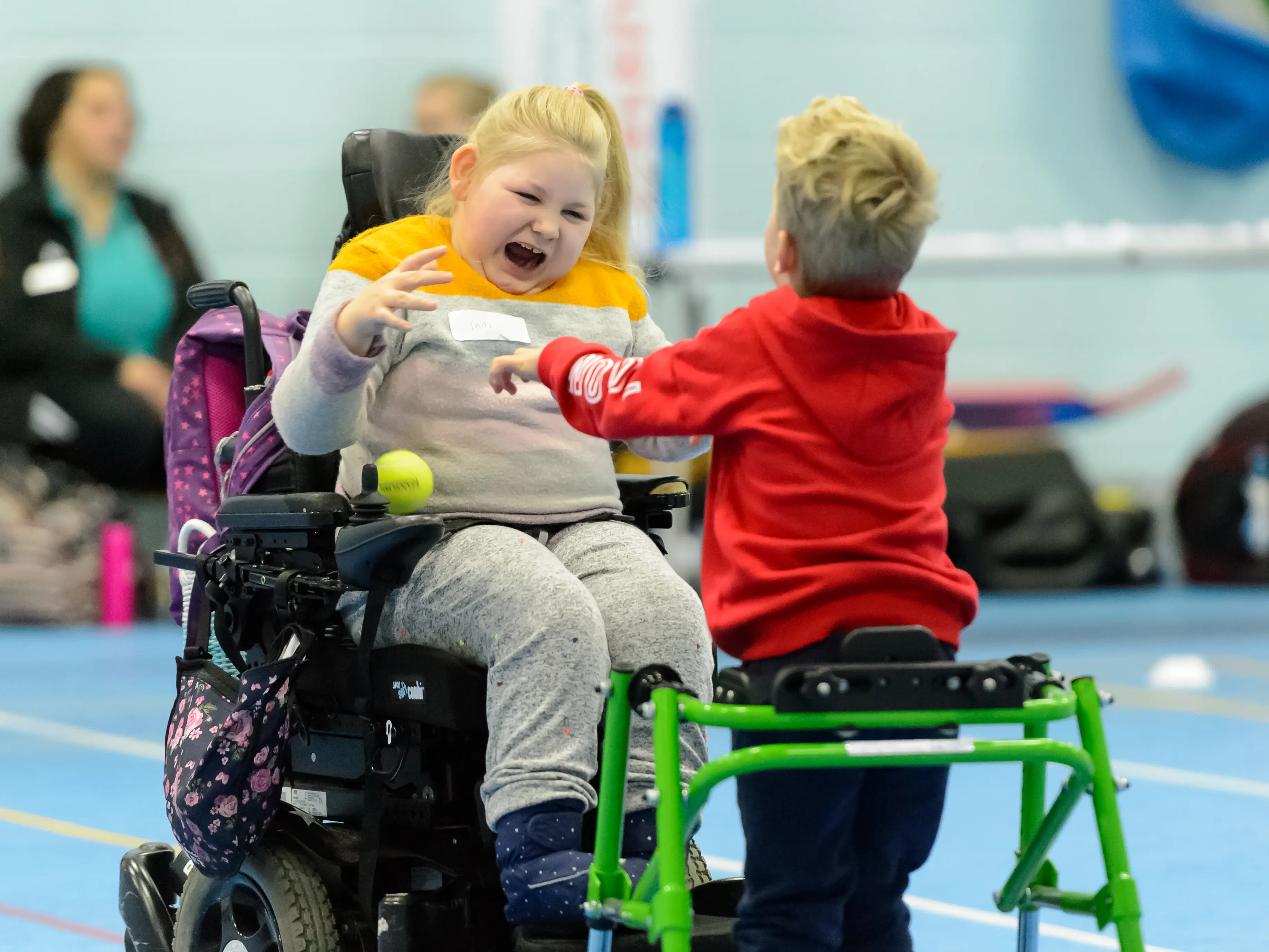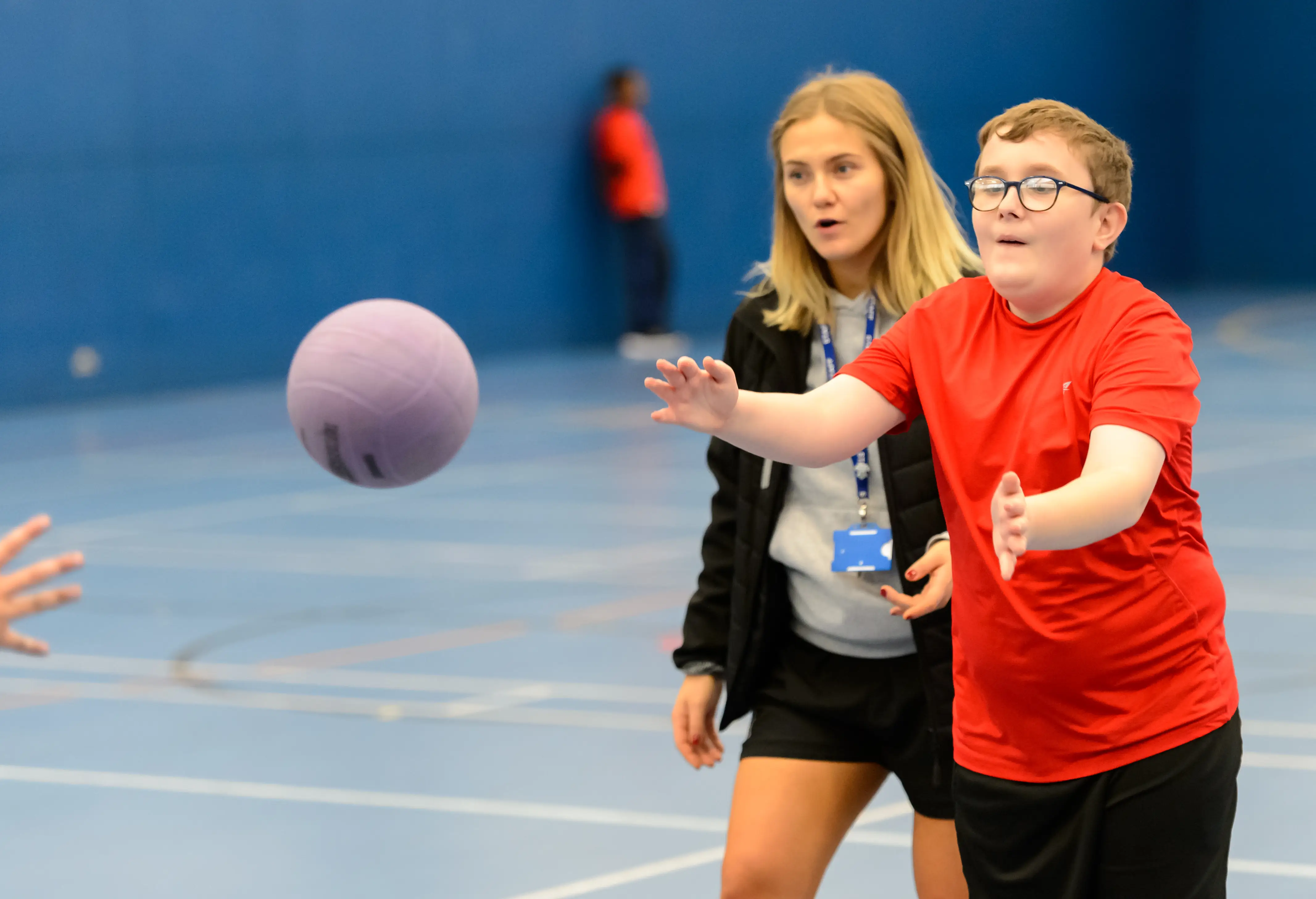Our work is about making sure children and young people with physical and medical needs can:
- get the right support in their school or setting
- enjoy the same opportunities as their peers
Physical needs affect how the body works. They might affect a person’s ability to move or their energy levels.
Medical needs are wide-ranging, but can include conditions such as:
- epilepsy
- diabetes
- asthma
- mental health needs, such as anxiety
How we work
We provide advice, guidance or training to:
- parents and carers
- schools and other settings
- other professionals, including healthcare practitioners
This might be by phone, email, or in person.
We can also attend planning meetings to discuss a child or young person’s transfer to a school or setting.
What we can provide
We can offer advice, guidance or training in:
- managing medical conditions in a school or setting
- storing, administering and recording of medicines
- writing Individual Healthcare Plans (IHPs)
- using medical risk assessments
- providing reasonable adjustments
- safer moving and handling techniques
- moving and handling risk assessments and care plans
A good school day
We spoke to Dorset children and young people with physical and medical needs. They told us what makes a good school day for them. They said:• being with friends
• being able to get around the school easily
• going on trips, being outside, attending forest school and playtime
• support from staff and teachers
• having good health
• attending clubs and activities
They also told us that it’s good when:
• other children and young people ignore their disability
• they can be as independent as possible
• they don’t get taken out of enjoyable lessons for physiotherapy or appointments
They told us the following things help make a bad day at school better:
• being able to talk to a trusted adult
• having friends around you
• having somewhere quiet to go (and rest if needed)
We have shared this information with our schools as ‘top tips’ from children and young people.
Making physical education (PE) accessible for children with physical difficulties

The importance of accessing PE
All children and young people should access high quality PE. This includes those with physical difficulties.

How to make PE accessible
How to make PE accessible for children and young people with physical difficulties.

Examples of accessible PE
It can be helpful to see accessible PE in action.

Sports day
How schools can help to make sports day accessible for all pupils.
More support for physical and medical needs
Find out how schools should support pupils with medical conditions.
